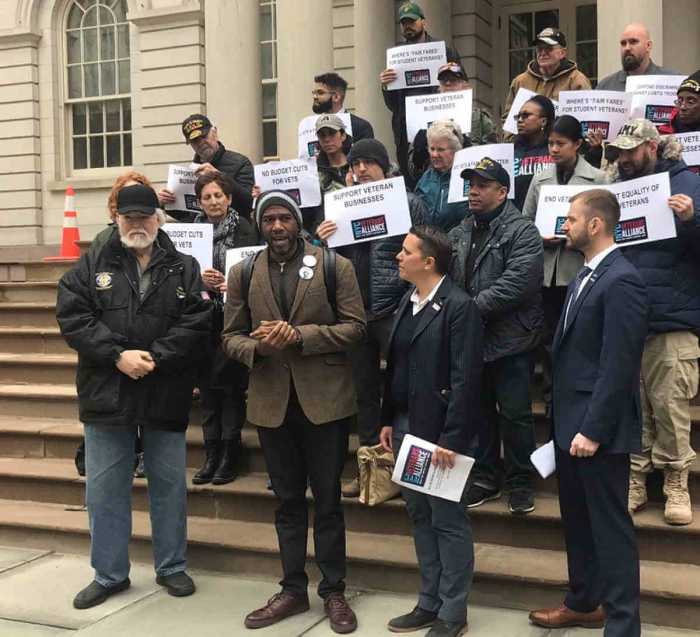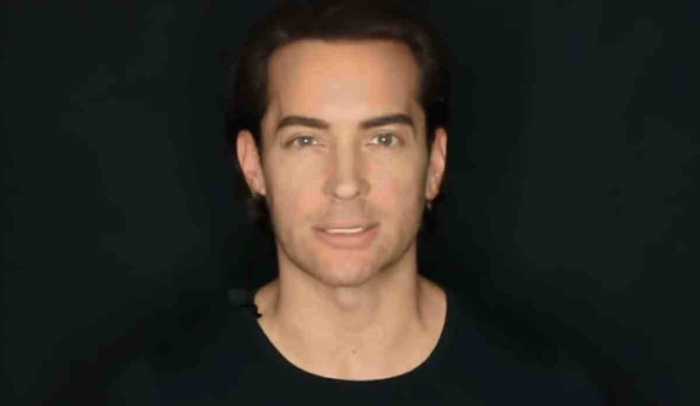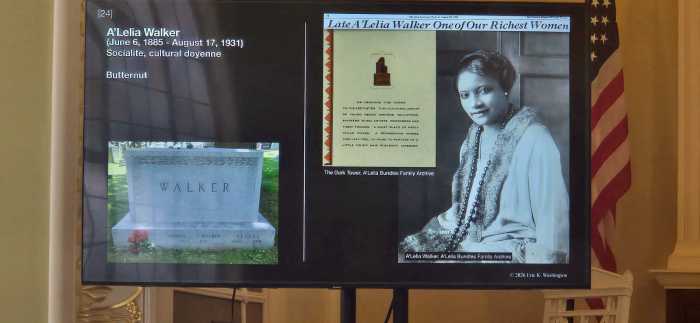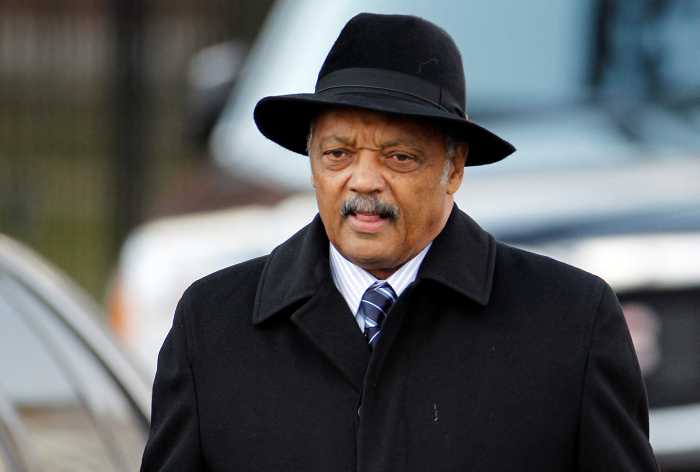LGBTQ rights will be on the agenda when the Supreme Court conferences on November 30 to consider granting some of the pending petitions for review. The high court had originally been scheduled to consider petitions in two cases raising the question whether anti-gay employment discrimination violates Title VII of the 1964 Civil Rights Act at its September conference, but those were yanked from the agenda after Alliance Defending Freedom (ADF) wrote to the court suggesting consideration be delayed until briefing was complete on its petition seeking review of a lower court ruling against a Michigan funeral home that discharged a transgender employee.
On October 24, the Trump administration, responding to ADF’s petition, asked the court to hold off deciding whether Title VII prohibits gender identity discrimination. Solicitor General Noel J. Francisco, in a filing on behalf of the Equal Employment Opportunity Commission (EEOC), argued that the court should not now grant review of the Cincinnati-based Sixth Circuit Court of Appeals ruling from earlier this year that Harris Funeral Homes violated Title VII by discharging Aimee Stephens, a transgender employee, who was transitioning and sought to comply with the employer’s dress code for female employees. The funeral home’s owner objected on religious grounds to having an employee whom he regards as a man dressing as a woman.
The EEOC itself, however, does not agree with the position Francisco put forth. A majority of the agency’s commissioners, holdovers from the Obama administration, view LGBTQ-related discrimination as a violation of Title VII, as a form of discrimination “because of sex.” If the Senate confirms a package of three nominees proposed by President Donald Trump, the political balance of the Commission will shift, and it will most likely embrace the position argued in the government’s brief to the court.
The administration’s request to defer deciding the gender identity case came as something of a surprise, in light of recent news that a memorandum, originating from the Civil Rights Office in the Department of Health and Human Services (HHS), is circulating internally to adopt a regulation defining “sex” solely in terms of genitals and chromosomes — thereby excluding “gender identity” as part of the definition of sex for purposes of federal law.
The solicitor general’s brief argues the court should instead focus on one or both of the two sexual orientation discrimination petitions, which seek review of decisions by the New York-based Second Circuit and the Atlanta-based 11th Circuit. In Zarda v. Altitude Express, the full bench of the Second Circuit reversed its prior precedents and ruled that sexual orientation claims are covered by Title VII, following the lead of the Chicago-based Seventh Circuit, which issued a similar ruling last year. In Bostock v. Clayton County, in contrast, an 11th Circuit three-judge panel rejected a similar sexual orientation discrimination claim, and the circuit court turned down a petition for a rehearing by its full bench.
In urging a delay on the funeral home case, Francisco’s brief argues that because the Sixth Circuit ruling “relied on the reasoning of decisions (including Zarda) holding that Title VII’s prohibition on sex discrimination extends to sexual-orientation discrimination,” resolution of the Zarda and Bostock cases “may bear on the proper analysis of the issues” raised by Stephens in the Harris Funeral Homes case.
If the court grants review in Zarda and/ or Bostock, oral argument would be held sometime in the spring with a decision expected by the end of its current term in June. Since the court generally prefers to avoid deciding controversial cases, it may gratefully jump on Francisco’s suggestion. The Supreme Court has denied numerous petitions over the years raising the question of whether either the Constitution or federal law protects transgender people from discrimination because of their gender identity.
But Francisco’s brief goes further than merely urging consideration of the sexual orientation cases first, arguing that even if they are not accepted for review, the funeral home petition should still not be accepted. Here the argument becomes strained, since the administration argues that the Sixth Circuit “misread” the 1989 Price Waterhouse precedent barring improper sex stereotyping by employers in applying it to Stephens’ claim and also made a finding — that “gender-identity discrimination necessarily constitutes discrimination because of sex in violation of Title VII” — “inconsistent with the statute’s text and this Court’s precedent.” Francisco went on to acknowledge, “Both of those questions are recurring and important.”
Given all this, why would the solicitor general be urging the high court not to take up the Sixth Circuit ruling? It may be that Francisco’s brief was improvised to cover over a difficult political transition that will eventually take place at the EEOC. Only three of the Commission’s current slots are filled — with two Democrats and a Republican — the bare minimum number of Senate-approved appointees for it to decide cases, and that number drops to two effective January 1. Since no more than three commissioners can be of the same party, Trump’s nominee package includes Democrat Chai Feldblum, an out lesbian whose term ends on December 31 but whose inclusion has inspired fervent opposition from several Republican senators.
With the Senate staying in Republican hands, should his nominations remain stalled during the lame duck Congress, Trump could propose a new package of nominees to the EEOC in January, with a different Democrat than Feldblum. A GOP-dominated Commission would undoubtedly quickly line up its position on Title VII with that of the Department of Justice, which a year ago circulated an internal memo rejecting any interpretation of Title VII and similar nondiscrimination laws that encompasses sexual orientation or gender identity claims. The DOJ may feel that it can overturn the Obama administration’s expansive interpretation of sex discrimination laws without having to win a case in the Supreme Court, through the process of gradually replacing the agency decision-makers.
Not surprisingly, ADF, the anti-LGBTQ litigation group representing Harris Funeral Homes, responded to the solicitor general’s brief with its own brief, filed on November 7, noting the government’s own acknowledgement that the questions surrounding the application of sex discrimination law to gender identity are “recurring and important.” If the government agrees with ADF that the Sixth Circuit decided the case incorrectly and recognizes that the nation’s appeals courts are divided on the issue, the group asked why the Supreme Court shouldn’t decide the issue.
With the administration now disputing the victory that its own EEOC successfully made at the Sixth Circuit, the only party left to defend the appeals court decision is the ACLU (and its LGBT Rights Project), representing Stephens, which filed its response to the Harris Funeral Homes’ petition on October 24, arguing the court should deny the petition.
Among the arguments the ACLU made was that Stephens’ case was a “poor vehicle” for addressing the ADF’s argument that Congress did not intend to incorporate gender identity and transgender status when it enacted Title VII in 1964, since deciding that would not affect the Sixth Circuit’s judgment. Simply stated, the Sixth Circuit decided the case on alternative grounds, one of which relied on a sex stereotyping theory — that the funeral home fired Stephens for not complying with the employer’s stereotype about how a genitally-male person should groom and dress. Even if the high court concluded that gender identity discrimination was not necessarily sex discrimination, the ACLU asserted, the Sixth Circuit ruling would stand based on the stereotyping theory that numerous circuit courts have applied in transgender discrimination cases since the 1989 Price Waterhouse ruling.
While the state of play on these Title VII cases — involving both sexual orientation and gender identity discrimination — remains confused at the moment, what is clear is that if any of them is accepted for review, the high court can expect a barrage of amicus curiae briefs similar to the record-setting number filed in last term’s Masterpiece Cakeshop case.




































